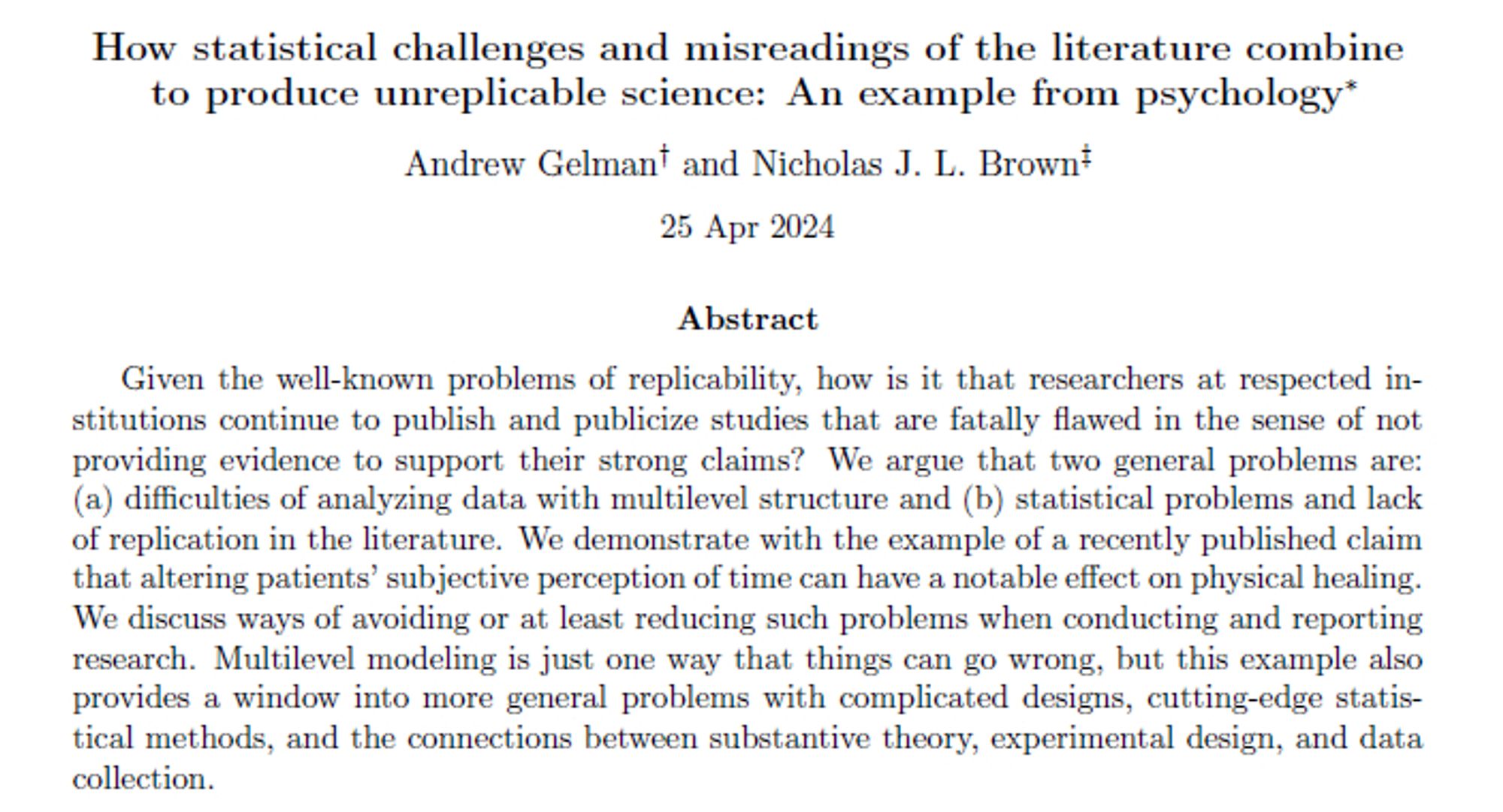
🚨NEW PUBLICATION🚨 This @jmcquarterly.bsky.social@dienlin.bsky.socialjournals.sagepub.com/doi/10.1177/...
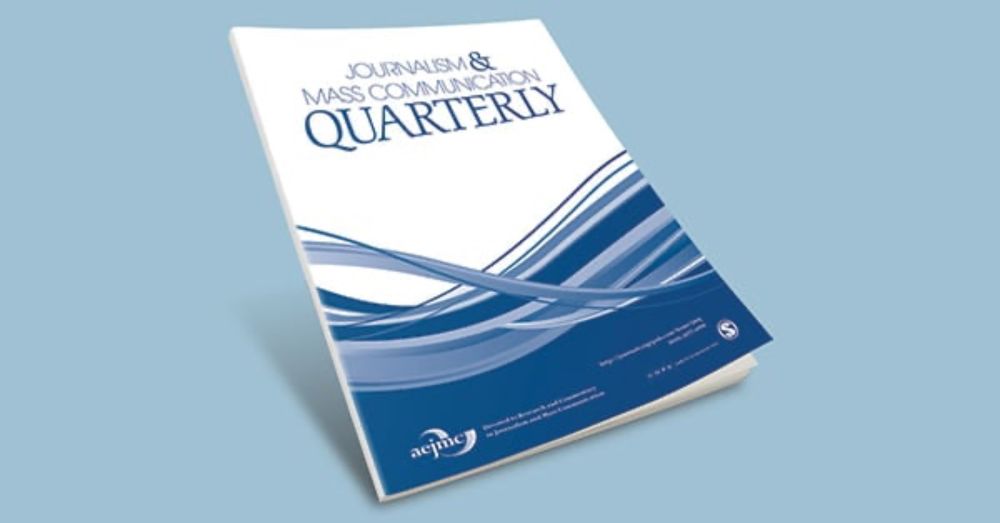
Communication research has recently entered the discussion on open science. Through the lens of Normalization Process Theory, this preregistered qualitative stu...
Sample: 1.550 (US, quota sampled for Age, Gender, Ethnicity) Personality: HEXACO (100 item version) Privacy: Frener et al. (2023) plus additional items & dims Analyses: Pearson Correlations Data: data.aussda.at/dataset.xhtm...tdienlin.github.io/Who_Needs_Pr...
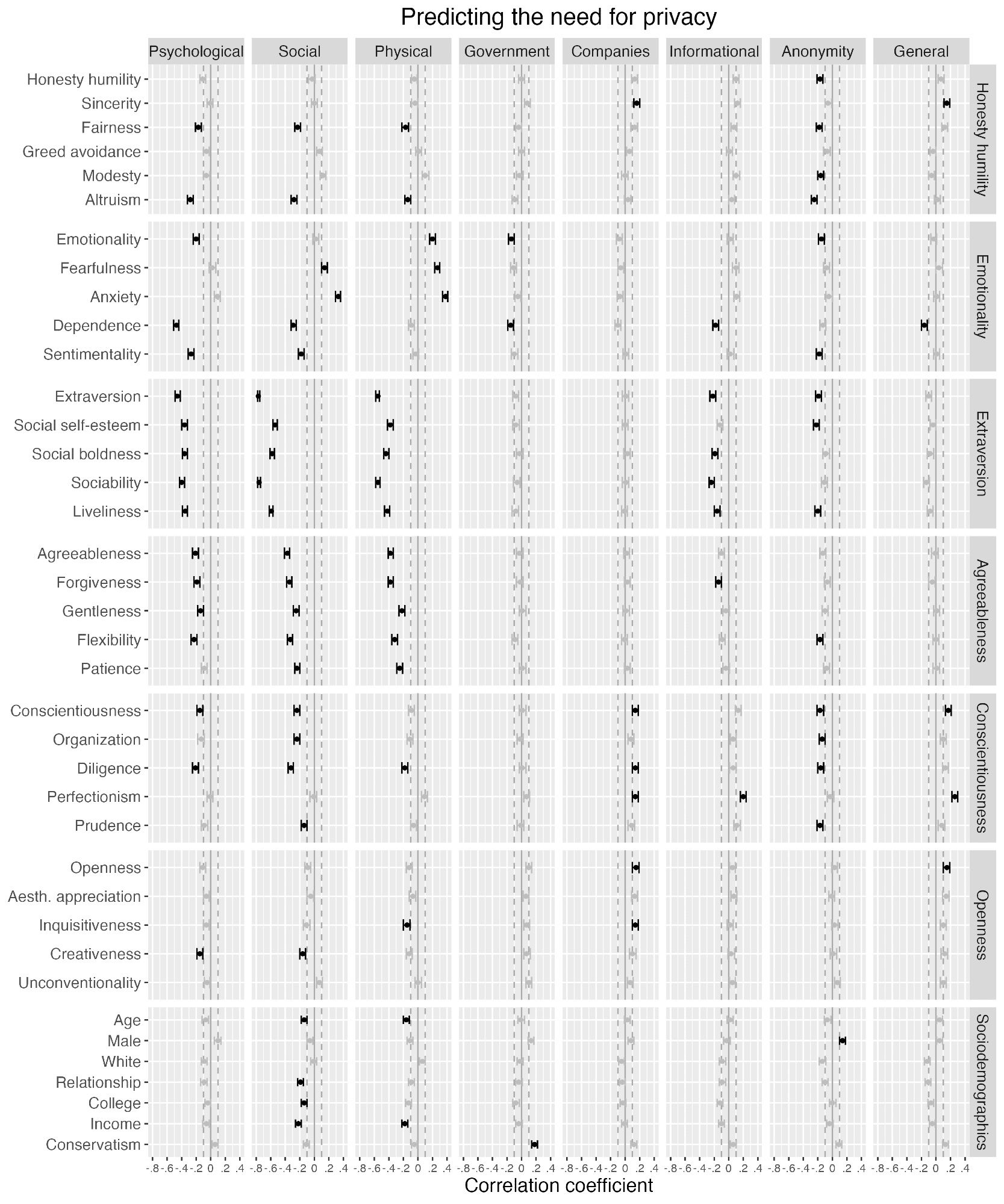
Who needs privacy? Our study finds: - Extroverts need much less privacy - Agreeable people need less privacy - Honest & fair people need less anonymity - Conservatives need more privacy from government - Males need more anonymity now published #openaccessdoi.org/10.1525/coll...
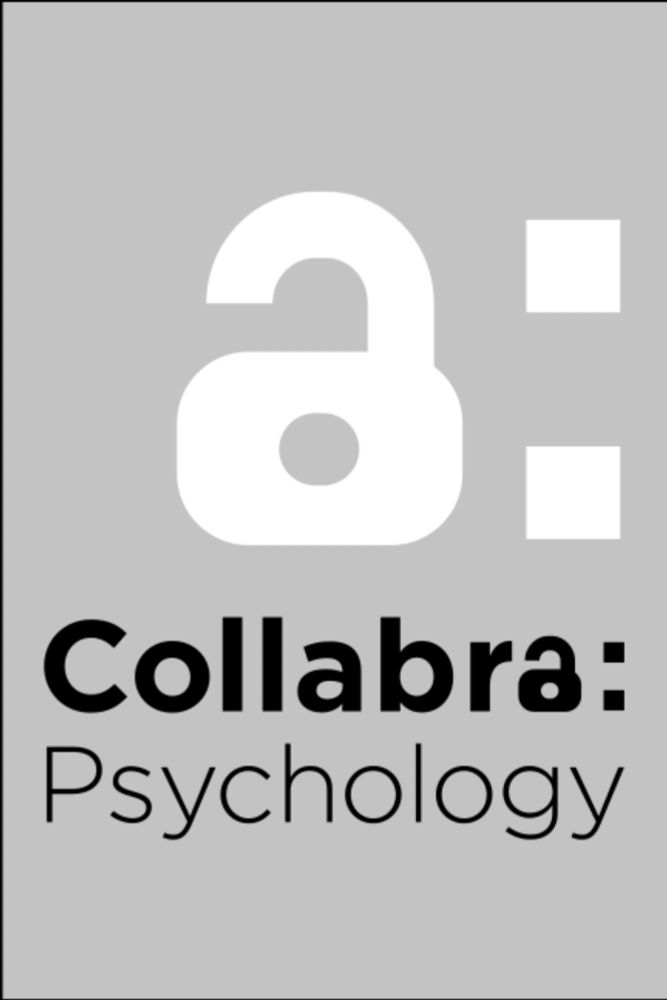
Privacy is defined as a voluntary withdrawal from society. While everyone needs some degree of privacy, we currently know little about who needs how much. In this study, we explored the relations betw...
If an effect falls in a forest and no one is there to determine the mechanism, is it even causal? New post in which I try to clarify some things--claims about causal effects are indifferent to mechanisms; heterogeneity does not invalidate average estimates. www.the100.ci/2024/06/26/s...
Science can be self-correcting — but only if we invest in making it so. Our view on the staggering costs of undetected errors in science, and why funding error detection and correction is less expensive, published today in Nature www.nature.com/articles/d41...
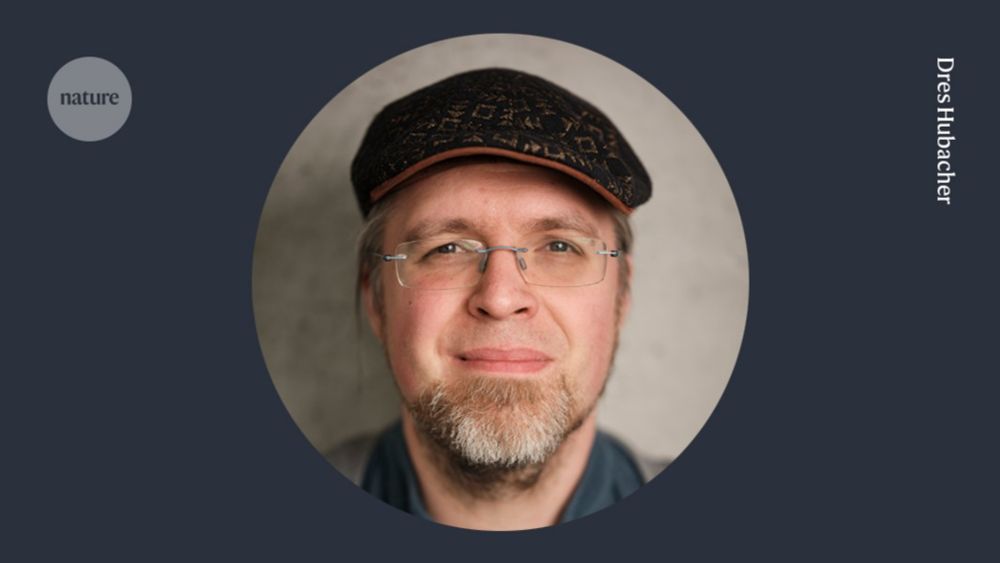
Borrowing the idea of ‘bug bounties’ from the technology industry could provide a systematic way to detect and correct the errors that litter the scientific literature. Borrowing the idea of ‘bug boun...
New blog post: Depressed kids or over-concerned Boomers? My review of the Anxious Generation tobiasdienlin.com/2024/05/20/d...
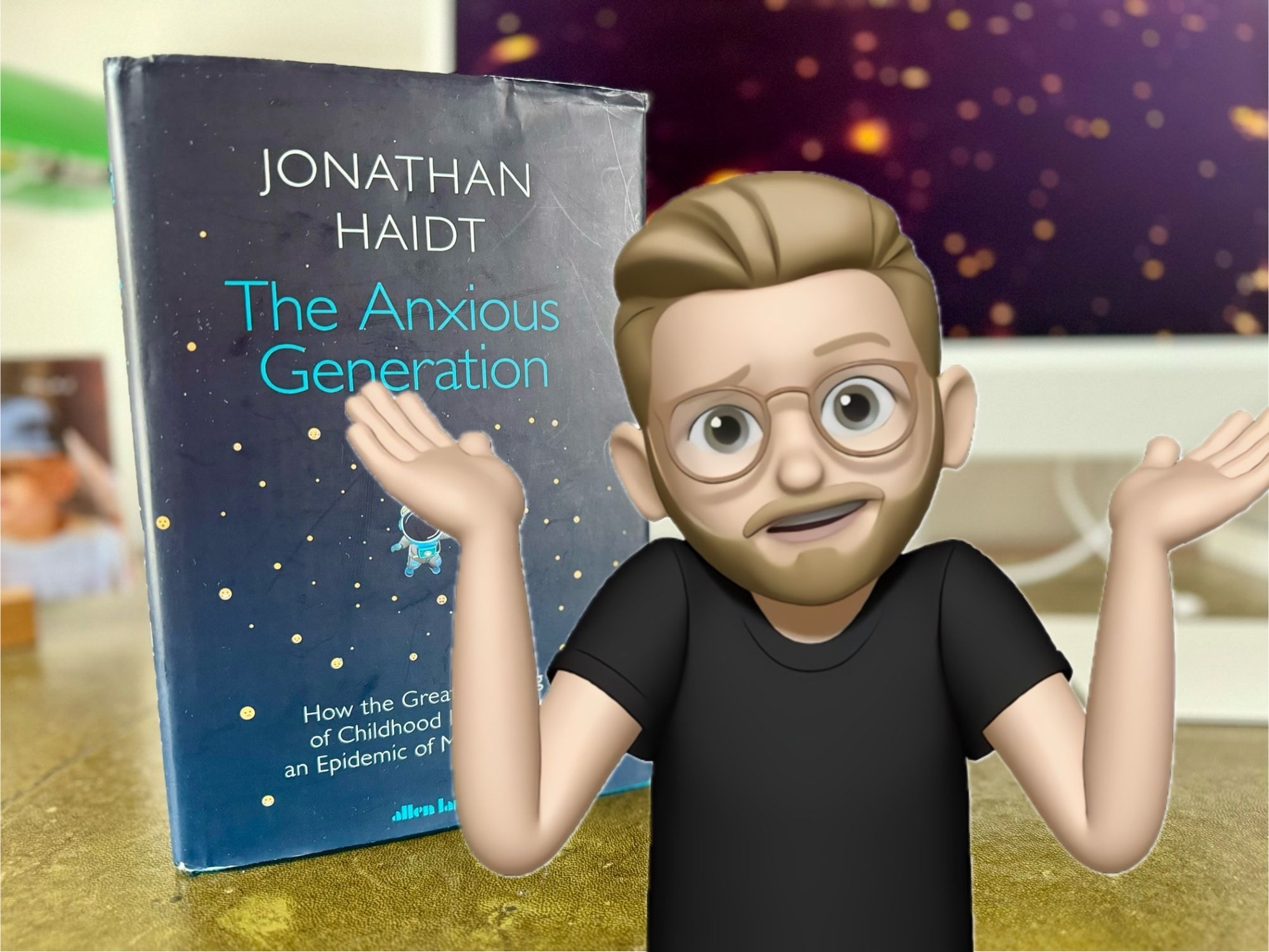
Exciting news: I will be teaching a 4-day summer school on open science this August! The course is for ECRs in the social & behavioural sciences who want to get up to speed with open & reproducible practices and/or learn how to handle specific problems. utrechtsummerschool.nl/courses/data...
“It’s an important piece of the puzzle on digital-media use and mental health... If social media and Internet and mobile-phone use is really such a devastating force in our society, we'd see it on this bird’s-eye view [study] — but we don’t. @markusappel.bsky.socialwww.nature.com/articles/d41...
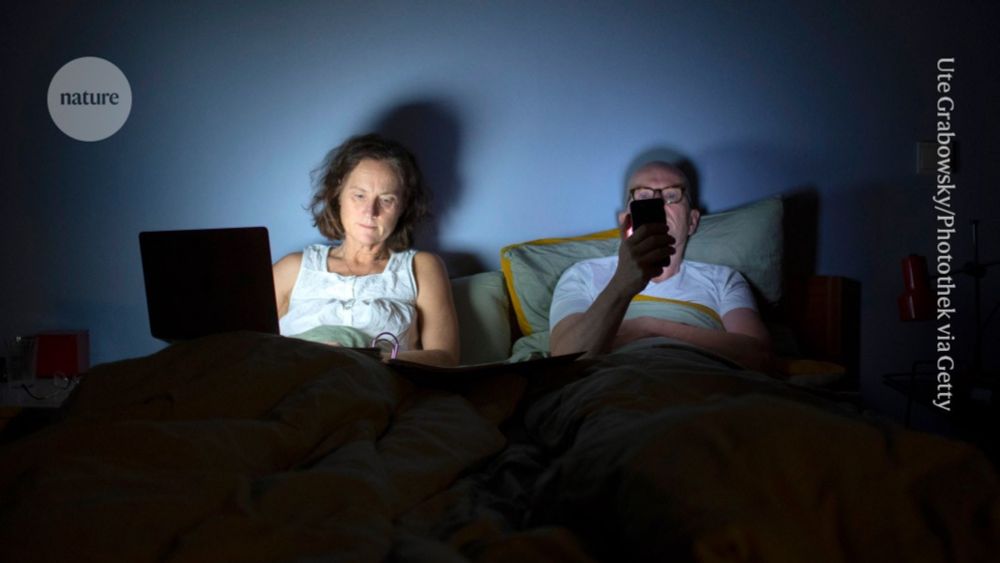
A survey of more than 2.4 million people finds that being online can have a positive effect on welfare. A survey of more than 2.4 million people finds that being online can have a positive effect on w...
»Menschen nutzen heute ein buntes Potpourri an Kommunikationskanälen von denen jeder seine Vor- und Nachteile hat« Wie kann man Messenger zur beruflichen und privaten Kommunikation nutzen? Ein paar Einschätzungen meinerseits. ptaforum.pharmazeutische-zeitung.de/klar-kommuni...

Nachrichten, die über Messenger-Dienste verschickt werden, bergen das Risiko, falsch verstanden zu werden. Ein Kommunikationswissenschaftler erklä...

